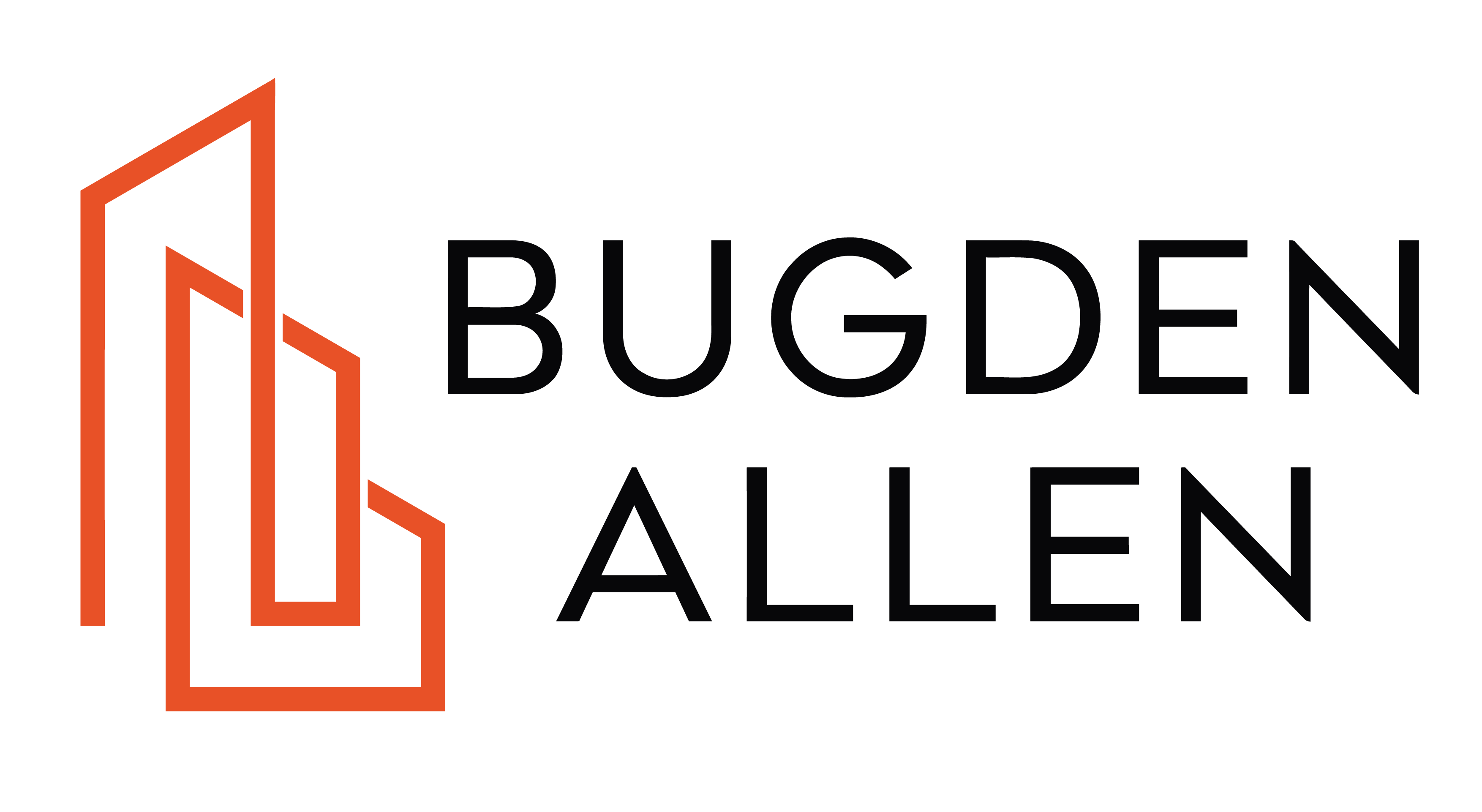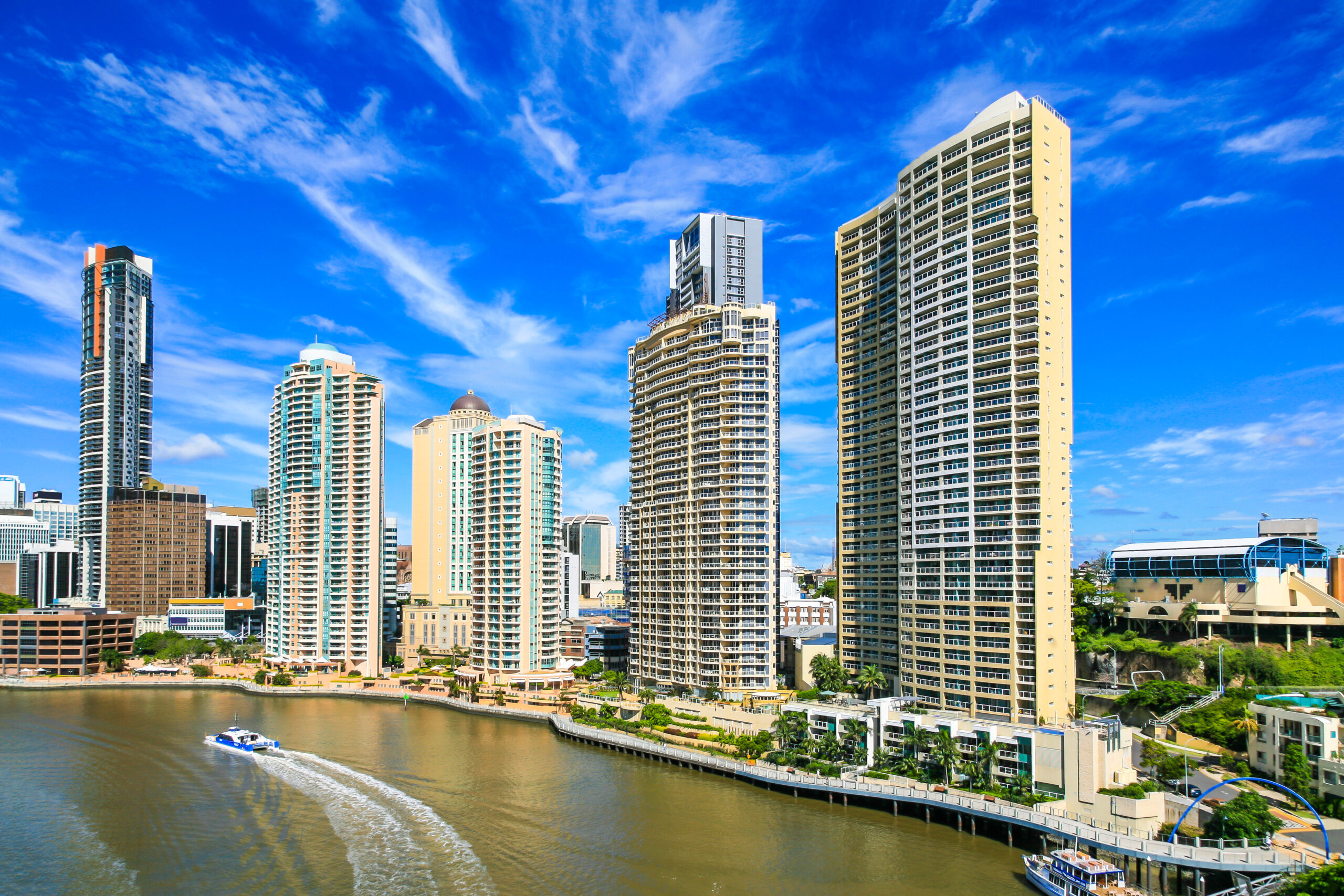The Grove… finally cut down to size.
Back in 2021 Queenslanders were blessed with the decision in The Body Corporate for The Grove CTS9356 v Comerford [2019] QCATA 172.
I say ‘blessed’, of course, with my tongue firmly in my cheek.
‘Common’ wisdom, after the Grove, was that any payment made to a Body Corporate was not recoverable from that Body Corporate if the payment was made ‘voluntarily’. It mattered not, for example, if the relevant payment was made under compulsion. As long as the money was handed over voluntarily, and not under a mistake, then the Body Corporate would never have to hand it back.
The Grove decision was considered important enough for the Commissioner to write an article about it, to warn owners that if they disputed a Body Corporate’s entitlement to an amount charged to them, but they paid anyway, then the payment may not later be recoverable from the Body Corporate.
See the Commissioner’s article here, published by Smart Strata … Debt Disputes – The Grove Decision Case Study – Smart Strata | Body Corporate Management
By cosmic coincidence, at the time the Commissioner’s article was published, I was knee deep in researching payments made under mistake, voluntary payments and the Grove decision itself. Most importantly I was carefully reading the higher court authority and, with the greatest respect to the Tribunal in the Grove, I reached different conclusions about the law.
I shared some of those views when I commented on the Commissioner’s article. I also pointed out the perverse consequences that a strict application of the Grove would lead to; not the least, an unavoidable ‘lawyers’ picnic’ of fees, when a lot owner had the ‘temerity’ to challenge a Body Corporate’s right to impose or recover a contribution.
A mere five and a half years later, the ‘common’ wisdom has now been overturned, and the Grove cut down to size. Thankyou Senior Member Fitzpatrick, for your excellent decision in Koya v The Body Corporate for Southbank Holiday Suites [2025] QCATA 68 (14 July 2025).
Whilst the whole Koya decision is well worth the read, especially for those Bodies Corporate grappling with pesky false fire alarm charges, two paragraphs must be here repeated in full:
[28] As to whether the Adjudicator reached a wrong conclusion that payment of the QFES charge was voluntary, the Adjudicator’s reliance on the (Grove) decision is misplaced. The Adjudicator appears to assume that if a payment is made for a reason other than a mistake (in this case to avoid interest charges) then it will be a voluntary payment which negatives any claim for restitution. That reasoning takes the (Grove) decision too far. It does not, for example, take into account a payment made under compulsion.
…
[32] In Mason v New South Wales ( (1959) 102 CLR 108) their Honours considered whether payment of certain road transport permit fees were recoverable. The decision is authoritative in relation to whether a payment is voluntary or made under compulsion so as to entitle its recovery. The fact of payment being made under protest was said to be some evidence when accompanied by other circumstances that the payment was not voluntarily made to end the matter. ([3] McTiernan J). The nature of a voluntary payment was expressed in varying ways by their Honours including that the payment was made “to get rid of a liability (scil. asserted by the payee though not sustainable in law), made with a free exercise of the will, where no advantage is taken of the position of the person or the situation of his property.” ([4] Kitto J).
Now, as for all those poor souls who have already forfeited their hard-earned cash to grasping Bodies Corporate in reliance on the Grove, I suspect that there is not much that can be done.
As for everyone else, the good news is that some space for manoeuvre has now been injected back into the debt recovery dance. Lot owners who spot a potentially improper charge before they pay it, don’t now have to ‘play dumb’, say nothing, make the payment and only then, when they have time, get advice about whether the Body Corporate was entitled to issue the charge in the first place.
The door is now open again for Lot Owners to consider whether to make a payment whilst protesting the Body Corporate’s entitlement to the money, including to ensure, for example, that penalties (interest) do not accrue, and legal (recovery) costs are not (yet) incurred.
If you, or your Body Corporate is in the middle of a Grove dispute, or you have concerns about what the new Koya decision could means for you, Bugden Allen can help.
-QLD Partner Michael Kleinschmidt
© Bugden Allen Group Legal Pty Ltd. This is general information only and not legal advice. You should not rely on this information without seeking legal advice tailored to your specific circumstances.




